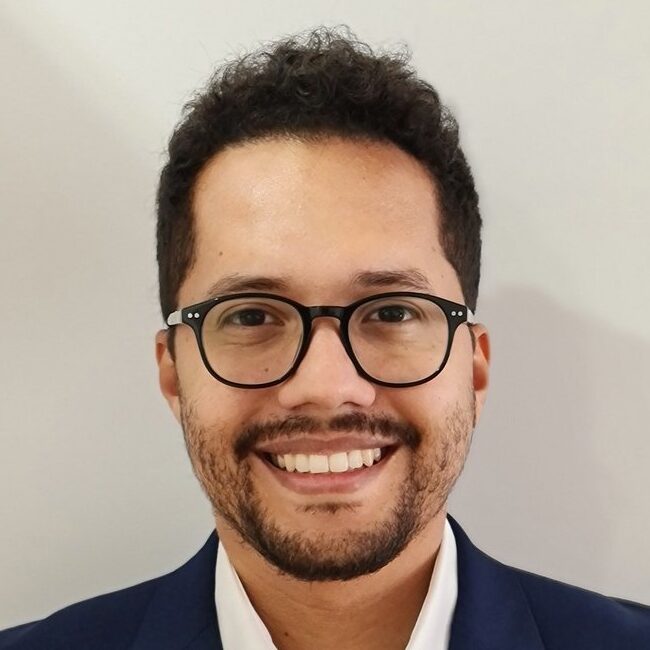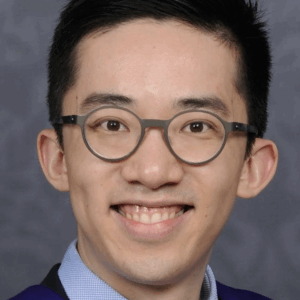
Ventricular Tachycardia: Past, Present & Future
Author Sub-editor: Dr Justin Chiong Dr Justin Chiong is an NIHR Academic Clinical Fellow and Cardiology Registrar in the North West Deanery. He graduated from

• Cardiology training has lost intentionality as service pressures, dual-Certificate of Completion of Training (CCT) demands, and curriculum overload fragment experiential learning and mentorship.
• This commentary review highlights how heavy general internal medicine (GIM) workloads disrupt focused cardiology training and reduce time for practice and feedback, both vital for mastering skills. Re-introducing structured, hands-on learning through observation, guided practice, and debriefing can restore training depth and confidence.
• Aligning curricula with real-world resources and protecting training time can produce competent, confident cardiologists without extended fellowships.
• Reform should prioritise mentorship, workload balance, and flexible modular subspecialty pathways. Further study should evaluate the impact of apprenticeship-based approaches on trainee competence and self-efficacy.
Cardiology training in the United Kingdom is undergoing a paradigm shift under the 2022 curriculum for Cardiology, which mandates dual accreditation with General Internal Medicine (GIM) and aims to produce consultants capable of both acute internal-medicine and cardiovascular practice.(1) While this change reflects a commitment to versatility and patient-centred care, it also risks unintended educational consequences: the loss of intentionality in cardiology training, as both trainers and trainees face the competing demands of service provision and dual- Certificate of Completion of Training (CCT) workload.
Educational intentionality is central to effective postgraduate training.(2) However, excessive service pressures and curricular overload have displaced structured experiential learning. This raises the question, should we be considering re-introducing core features of traditional apprenticeship learning, blended with contemporary educational frameworks, to restore depth and purpose in cardiology training?

Dr Jhiamluka Solano is a cardiology resident doctor (ST6) in the Yorkshire and Humber Deanery, currently undertaking a DPhil (PhD) in Medical Sciences at the University of Oxford, funded by the British Heart Foundation. He earned his MD in Honduras before completing internal medicine training in the North West (Manchester) Deanery, followed by cardiology training in the UK, gaining experience in research, medical education, leadership, and clinical medicine. His doctoral research focuses on advanced cardiac imaging and cardiopulmonary exercise testing, aiming to improve diagnosis and enable personalised treatment in cardiovascular disease.

Author Sub-editor: Dr Justin Chiong Dr Justin Chiong is an NIHR Academic Clinical Fellow and Cardiology Registrar in the North West Deanery. He graduated from

Author Sub-editor: Dr Hnin Zaw Dr Hnin Zaw is a cardiology registrar from the East of England Deanery with a specialist interest in electrophysiology and

Author Sub-editor: Dr Tha Htet Nyi Dr Tha Htet Nyi is a cardiology registrar in South London Deanery with subspecialty interests in multimodal cardiac imaging and

Author Sub-editor: Dr Chi Ho Fung Dr Chi Ho Fung graduated with Distinction from Imperial College School of Medicine in 2019 with an Intercalated Bachelor

Authors Heartbeat Sub-Editor: Alexandar Drampalou I am Dr.Alexandar Drampalou ,a cardiologist currently specializing in cardiac magnetic resonance (CMR) at Guy’s and St Thomas’ Hospital and

Authors Heartbeat Sub-Editor: Marina Zafeiri Dr Marina Zafeiri is an IMT3 in the Wessex deanery, with a strong interest in Cardiology. She graduated from Athens